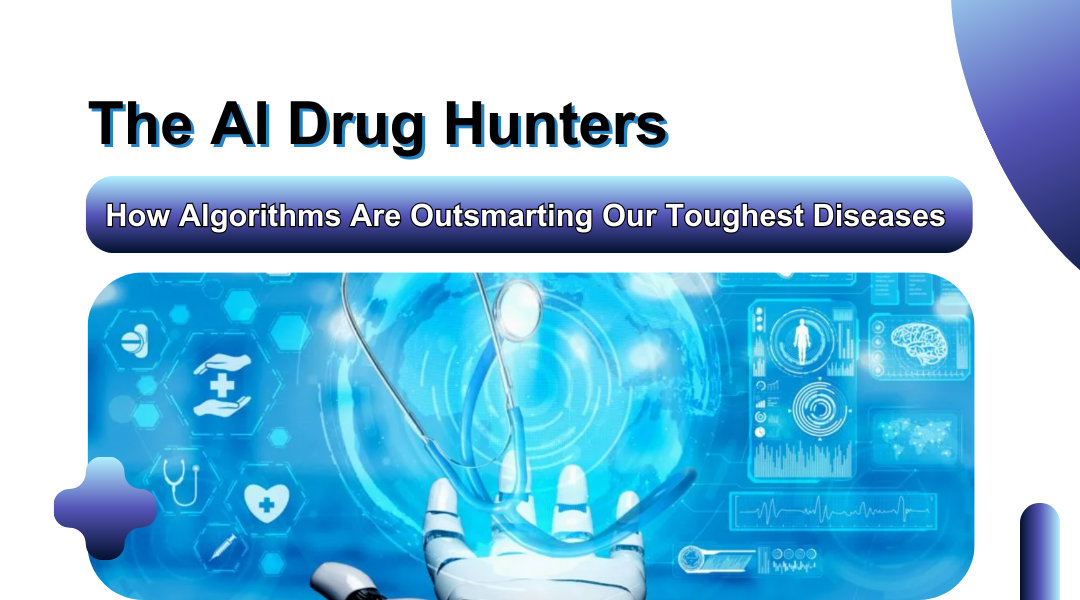The Problem No One Wants to Talk About
Modern drug development is broken. We’re still using the same playbook from the 1970s to fight 21st century diseases. It takes longer to develop a new cancer drug than it took NASA to put a man on the moon. The system is so inefficient that Big Pharma actually budgets for 90% failure rates. Meanwhile, patients are dying waiting for breakthroughs.
But something radical is happening in labs from Boston to Beijing. Scientists are handing the reins to an unlikely partner – artificial intelligence. And the results are turning heads.
When Machines Dream Up Cures
Picture this: In a London lab last year, an AI system designed a potential new medication for fibrosis in just 46 days. Human researchers would have needed years. The algorithm sorted through millions of molecular combinations, predicted which might work, and virtually tested them – all while the scientists slept.
This isn’t sci-fi. Right now, AI is:
- Rediscovering forgotten medication (like that 1980s antidepressant that’s showing promise against Parkinson’s)
- Predicting which rare cancer patients will respond to experimental therapies
- Designing entirely new molecules that human chemists would never have imagined
The Secret Sauce
What makes AI so dangerous to the status quo? Three things:
- It doesn’t get bored
While humans glaze over after reading 100 research papers, AI can digest every medical study ever published in an afternoon – and remember every detail. - It spots what we miss
When researchers at Mount Sinai fed COVID patient data to their AI, it flagged a common blood pressure medication as a potential treatment. Turns out it reduces mortality by 30%. Humans had overlooked it for months. - It fails fast
AI can simulate 10,000 bad medication candidates before breakfast. Each “failure” makes the next guess smarter.
Real Patients, Real Results
- Ovarian cancer: An AI developed by MIT found a combination therapy that works when all standard treatments fail. Some patients saw tumors shrink by 60%.
- ALS: AI analysis of genetic data revealed 17 new drug targets last year alone – more than a decade of manual research had produced.
- Childhood epilepsy: Algorithms are now personalizing treatment plans, reducing seizures in kids who’d run out of options.
The Elephant in the Lab
Before we get too excited, there are landmines:
- The black box problem: When an AI recommends a drug, can we trust it if we don’t fully understand why?
- Data deserts: Most medical AI is trained on Western patients. Will these medication work for a grandmother in Nairobi or a fisherman in Vietnam?
- The profit paradox: If AI makes drug development cheaper, will companies actually lower prices – or just pocket the savings?
What Comes Next
The smartest minds in medicine are placing their bets. Moderna’s CEO recently said AI-designed drugs will dominate their pipeline within 5 years. The NIH is pouring billions into AI research. Even cautious regulators are fast-tracking AI-discovered treatments.
One thing’s certain – the age of guesswork medicine is ending. The question isn’t whether AI will transform drug discovery, but whether we’re ready for how fast it’s happening. For patients out of time, it can’t come soon enough.
